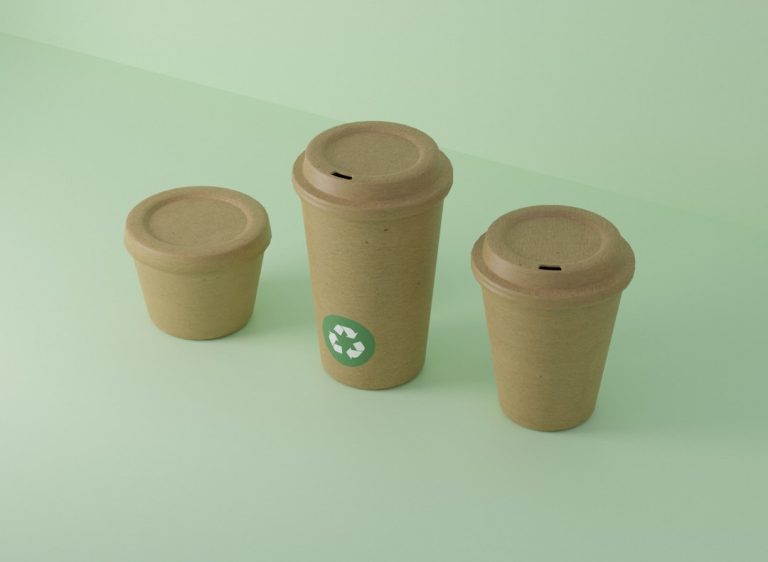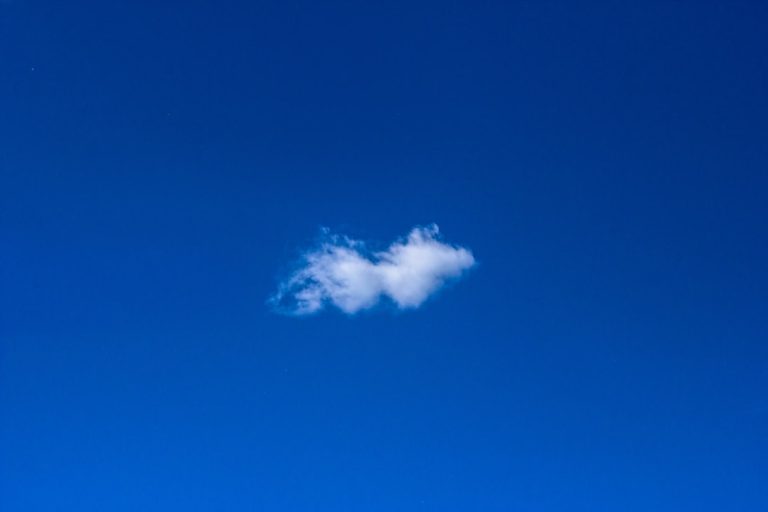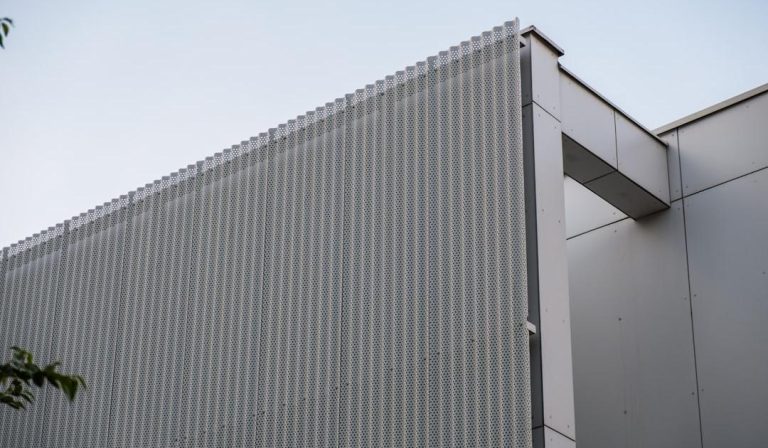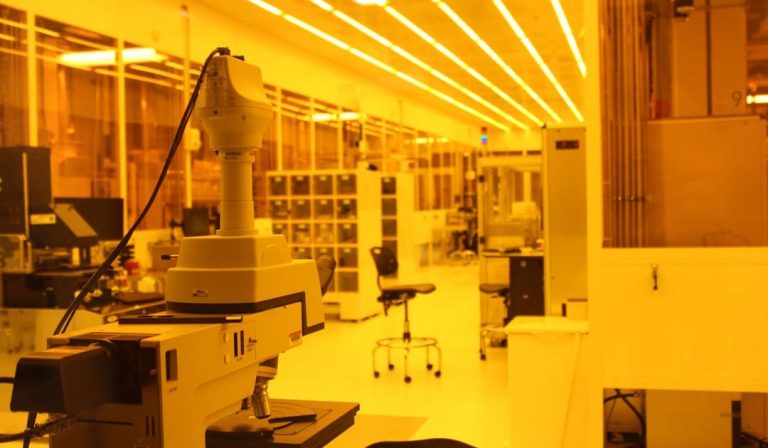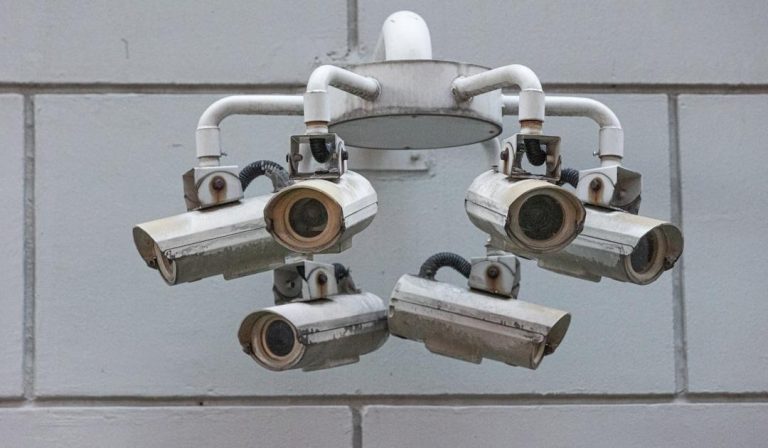Eight Sleep raised $100 million in a Series D. The goal is to push AI sleep health deeper into homes and clinics.
Eight Sleep Series D funding and AI-driven sleep health expansion
Pod, Eight Sleep’s flagship, costs about $3,000. It is more than a mattress cover; it is a data engine. Sensors track sleep stages, heart rate, breathing, and snoring. The system adjusts temperature, elevation, and firmness in real time.
Sleep Agent and digital twin technology for personalized interventions
Sleep Agent builds thousands of digital twins per user to tailor interventions. This approach supports proactive health.
Scale and impact of Eight Sleep’s platform
Eight Sleep has shown real scale. Pod sales top $500 million since 2019. They’ve analyzed over 1 billion hours of sleep data. Customers span more than 30 countries. Revenue grew 10x since launch. It’s giving the sleep tech space a wake-up call. 💡
Market context: U.S. sleep deficiency and AI-powered, non-wearable solutions
In the U.S., sleep deficiency is a bottleneck. About one in three adults don’t get enough rest. That creates a strong demand for non-wearable, AI-powered solutions. The market’s part of digital health, growing at 20-25% CAGR through the decade. Eight Sleep is competing with Oura, Fitbit, and other smart mattress players. Their edge? AI-driven, non-wearable tech that actually adapts.
Regulatory moves and the possible shift to clinical-grade sleep care
Regulatory moves are increasing. In August 2025, Eight Sleep planned FDA filings for two medical apps. One targets sleep apnea management; the other menopausal sleep.
From consumer wellness to clinical-grade health and reimbursement
If approved, they would move from consumer wellness to clinical-grade health. This could unlock new revenue streams and broader reimbursement paths. The current push from HHS toward wearable health matches this trajectory, even if Pdo isn’t a wearable.

Implications for founders, investors, and data privacy considerations
What could this mean for founders and investors? Faster AI deployment means better retention signals, stronger product-market fit, and clearer paths to regulated markets. It also means heightened scrutiny on data privacy and HIPAA compliance. But the upside is clear: fewer barriers to expandable, personalized sleep health. It’s a big bet with big upside. 🔍
Guidance for builders in this space
If you’re building in this space, start with data discipline. One billion hours of sleep data isn’t magic; it creates a competitive advantage. The Sleep Agent approach shows how to move from tracking to intervention. That shift matters for both consumer wellbeing and clinical outcomes.
Planned takeaway: plan for regulated, AI-driven sleep care at scale
It is not hype; it describes a plan for the next phase of sleep tech. Eight Sleep’s $100 million shows the seriousness of the effort. It indicates a move toward regulated, AI-driven sleep care at scale. For users, this could mean better nights and clearer health signals. For the market, it supports deeper personalization and broader adoption.
If you’re in this space, study their AI playbook and their medical roadmap. If you want guidance on your sleep tech pitch, contact me.



